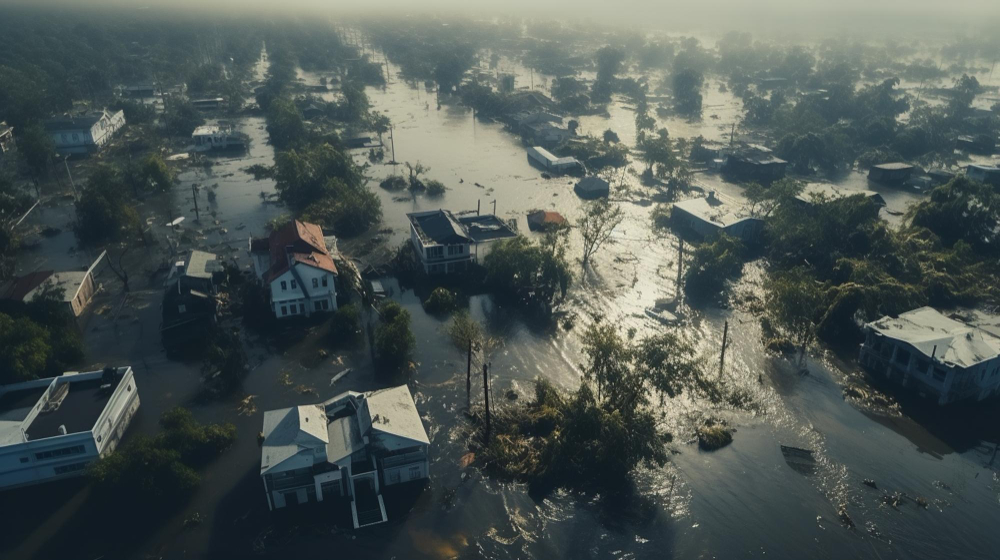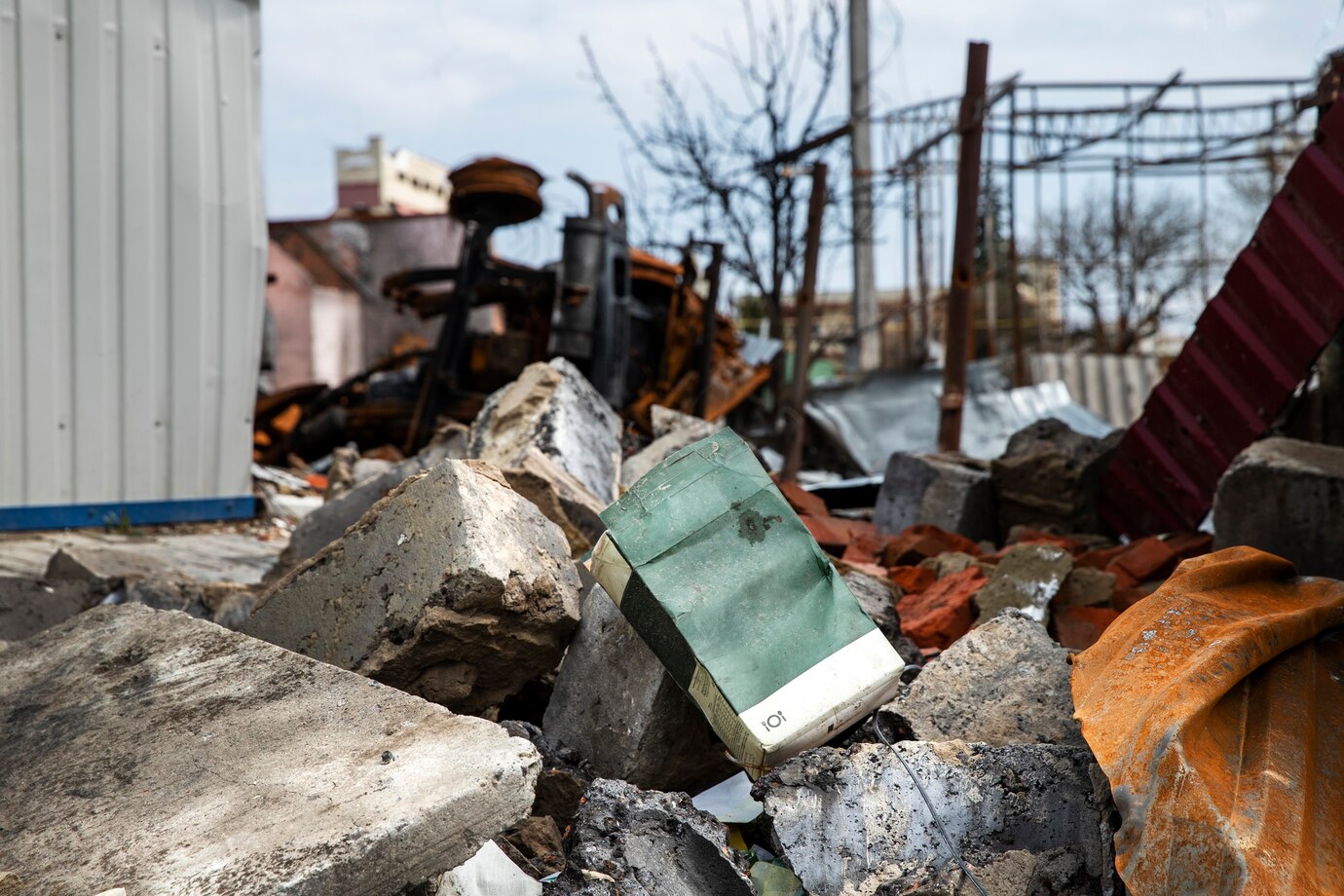Colorado businesses face significant flood risks from heavy rainfall, snowmelt, and flash floods—yet many business owners assume their commercial insurance automatically includes flood coverage. Unfortunately, most standard commercial property policies exclude flood damage, making separate flood insurance a must for businesses in flood-prone areas.
Why Colorado Businesses Need Flood Insurance
While Colorado isn’t on the coast, flooding is a major risk due to:
- Heavy spring snowmelt, leading to river and creek overflows.
- Intense summer storms, particularly in Denver, Boulder, and Fort Collins.
- Flash floods in wildfire burn areas, where charred land can’t absorb rain.
One severe flood can cause tens of thousands of dollars in repairs, inventory loss, and business interruption.
What Does Commercial Flood Insurance Cover?
Flood insurance protects business properties and assets from water damage, including:
- Building structure (foundation, walls, roof).
- Equipment and machinery damaged by flooding.
- Inventory and business contents (furniture, computers, merchandise).
- Cleanup and debris removal after a flood event.
- Lost income due to temporary business closures (if added with business interruption insurance).
Without flood insurance, business owners must cover all flood-related repairs out of pocket—a risk that can be financially devastating.
How to Get Commercial Flood Insurance in Colorado
Businesses can obtain flood coverage through:
- The National Flood Insurance Program (NFIP): Covers up to $500,000 for buildings and $500,000 for contents.
- Private flood insurance: Offers higher coverage limits and business interruption protection.
Premiums depend on property location, flood risk level, and elevation, with annual costs ranging from $600 to $5,000.
Which Businesses Should Have Flood Insurance?
✅ Retail stores, offices, and restaurants in low-lying areas.
✅ Manufacturers and warehouses with high-value inventory.
✅ Hotels and rental properties near rivers, lakes, or flood zones.
✅ Auto dealerships and repair shops, where vehicle loss could be significant.
Even if your business is in a low-risk area, 25% of flood claims come from moderate-risk zones—making flood insurance a smart investment.
Final Thoughts
Colorado businesses must prepare for unexpected floods by securing commercial flood insurance. Standard property insurance won’t cover flood damage, leaving businesses vulnerable to massive financial losses. Protect your assets, ensure business continuity, and safeguard your livelihood by adding flood insurance to your risk management strategy today.












